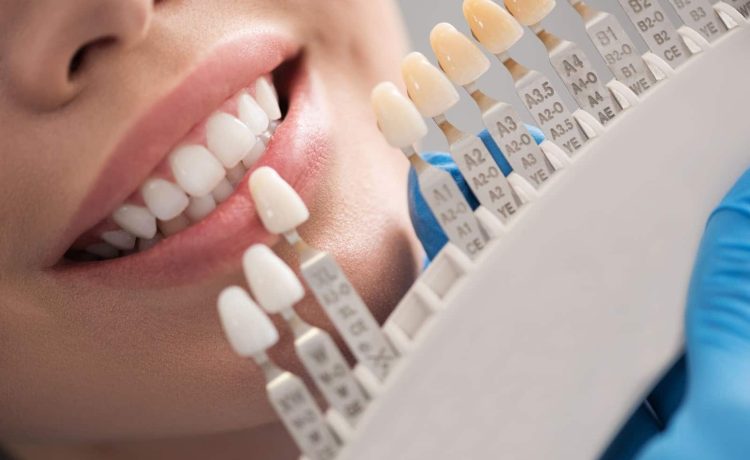Dental crowns are a popular solution for a variety of dental issues, such as decaying or damaged teeth. They can help restore the function and appearance of your smile, providing strength and protection to weak or vulnerable teeth. However, like any dental procedure, there can be potential problems that may arise with dental crowns.
Any issue with your dental crowns should be considered a dental emergency in Parkland, FL, and treated immediately by your dentist.
Here are the 6 most common dental crown problems you should be aware of:
- Tooth decay
One of the main reasons for getting a dental crown is to protect a tooth that has been damaged by decay. However, if proper oral hygiene is not maintained, bacteria can still sneak in and cause decay around or underneath the dental crown. This can lead to further damage and potential infection in the tooth.
- Sensitivity
After getting a dental crown, you may experience some sensitivity in the affected tooth. This could be due to the removal of a significant amount of enamel during the preparation process, leaving the tooth more vulnerable to hot or cold stimuli. In most cases, this sensitivity will subside over time, but if it persists, you should consult your dentist.
- Changing color
Dental crowns are usually made from porcelain or ceramic materials, which are stain-resistant. However, over time, they can still become discolored due to certain foods and drinks, such as coffee or red wine. If your dental crown starts to look noticeably different in color from your natural teeth, your dentist may recommend replacing it.
- Changing shape
In some cases, dental crowns can shift or change shape due to excessive force or pressure from biting and chewing. This can cause discomfort and even lead to damage in the underlying tooth, as well as affect the overall appearance of your smile. If you notice any changes in your dental crown, it’s important to visit your dentist for evaluation.
- Fractures
While dental crowns are designed to be strong and durable, they can still be prone to fractures, especially if you have a habit of grinding or clenching your teeth. If a dental crown breaks or chips, it can expose the underlying tooth and leave it vulnerable to further damage and infection. In this case, immediate dental care is necessary.
- Loosening or falling out
In rare cases, dental crowns may become loose or even fall out completely. This can happen due to a variety of reasons, such as incorrect fit or poor dental hygiene. If your dental crown feels loose or falls out, it’s important to contact your dentist right away to prevent any further damage to the underlying tooth and ensure the crown is properly reattached.












